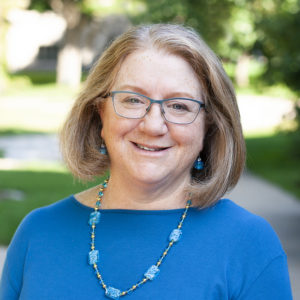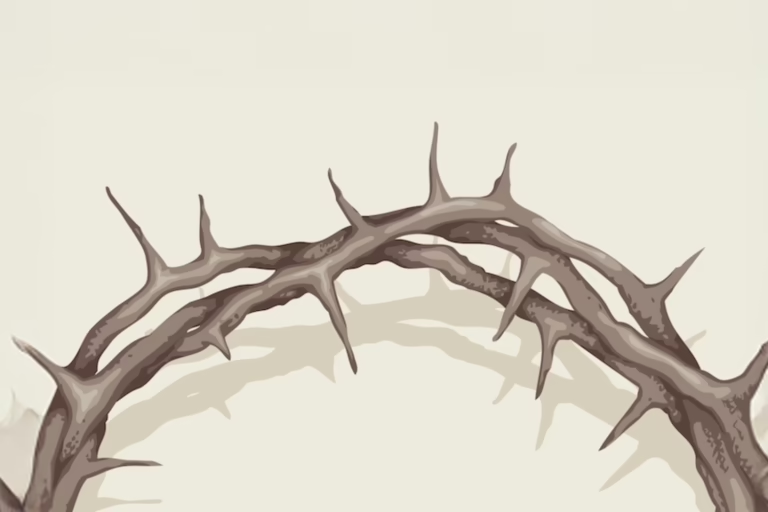Read: Esther 9-10
[These days were] turned for them from sorrow into gladness and from mourning into a holiday; that they should make them days of feasting and gladness, days for sending gifts of food to one another and gifts to the poor. (v. 22)
Of all the chapters of Esther, these are most difficult. On the one hand, we are relieved that the dreaded day is turned from sorrow into gladness. On the other hand, it’s hard to get past the body count, and the fact that Esther seems to have turned a bit bloodthirsty. She asks, after all, for a second day to “do according to this day’s edict.”
Remember, however, that Esther and Mordecai had tried to avoid all this carnage by having the first edict revoked. Remember, as well, that the second edict allowed only for self-defense, so no one would have died if the Persians had not attacked. The fact that so many died on the second day signifies that there were still enemies out there waiting for their chance.
Of all the things we can learn from the book of Esther, surely one of the most important is that the written word is a powerful force and can be used for good or evil. The book ends with Esther and Mordecai sending letters encouraging the people to celebrate their deliverance by delivering others, making the holidays “days for sending gifts of food to one another and presents to the poor.” —Carol Bechtel
As you pray, ask God to help you read and heed his Word, and to give as generously as you have received.
About the Author

Carol Bechtel
The Rev. Dr. Carol Bechtel is Professor of Old Testament at Western Theological Seminary in Holland, Michigan where she has taught since 1994. Dr. Bechtel preaches and teaches widely and is a General Synod Professor of Theology in the Reformed Church in America. She served as President of the RCA’s General Synod and moderator of its General Synod Council. She also serves as the Executive Director of the American Waldensian Society. Her publications include a commentary on Esther for the Interpretation series, and several Bible study books and curricula.
She now lives in Holland, Michigan with her husband, Tom Mullens. They have four children and seven grandchildren. Her hobbies include singing, cooking, gardening, and the Celtic harp.
- Carol Bechtel#molongui-disabled-link
- Carol Bechtel#molongui-disabled-link
- Carol Bechtel#molongui-disabled-link
- Carol Bechtel#molongui-disabled-link

